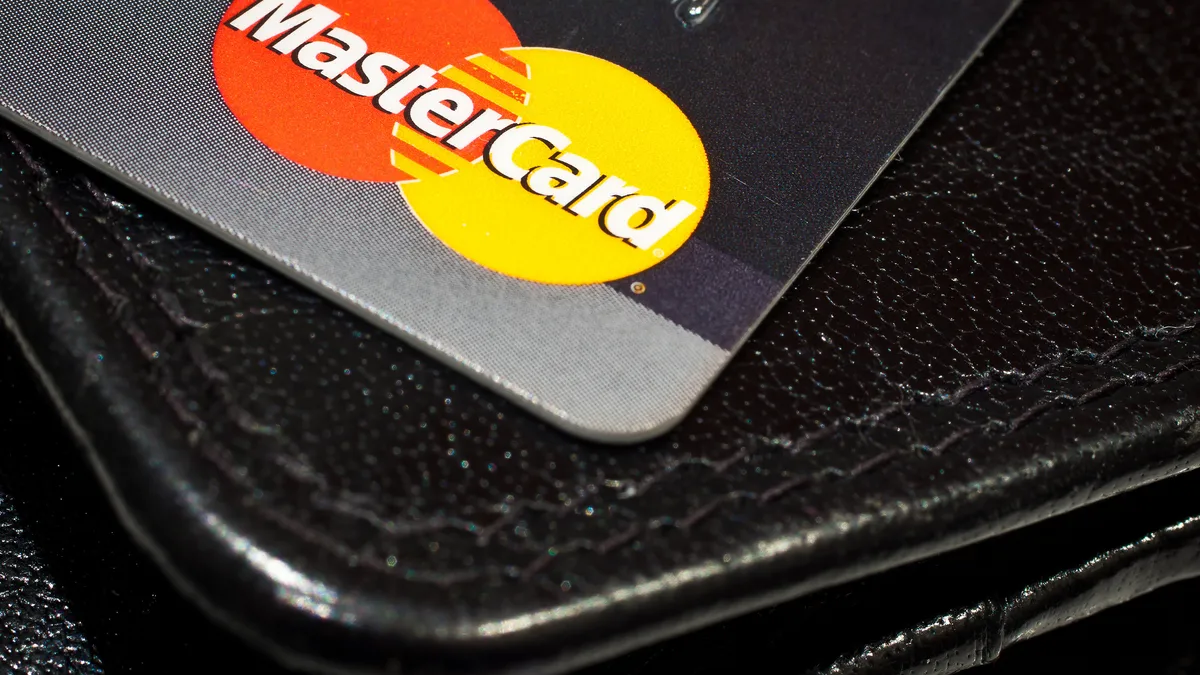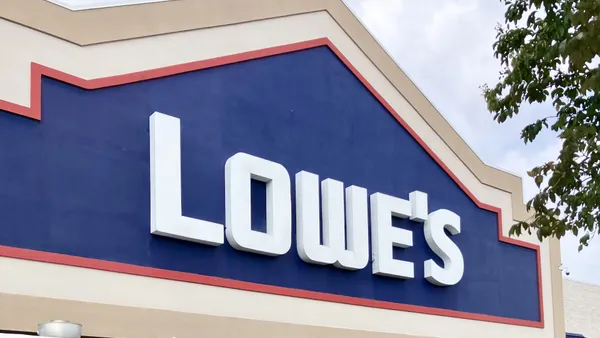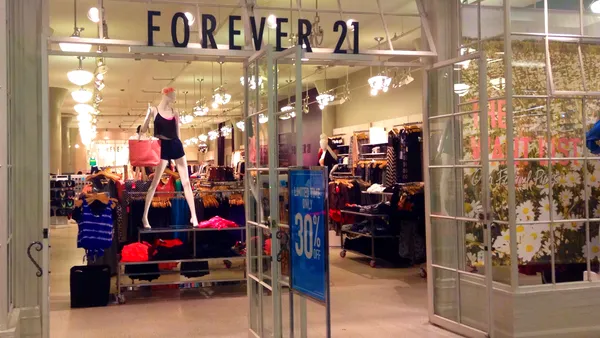Dive Brief:
-
Mastercard last week announced Digital Commerce Solutions, a new suite of strategies and services, including a plan for all of its cards to support security token authentication methods by 2020, and support for other technology standards designed to improve online checkout experiences, according to a Mastercard press release.
-
To advance tokenization, the company is working with Adyen, BlueSnap, Digital River, Stripe, Square, Worldpay and its own Mastercard Payment Gateway Services, to help its retailer clients support single-use tokens as a replacement for personal card identifiers. Mastercard also is working with card issuers like Citi and Fifth Third Bank to convert cards on file into tokens.
-
Among other Digital Commerce Solutions offerings, Mastercard said it will roll out support for the EMV 3-D Secure standard early next year, and plans to support the EMVCo Secure Remote Commerce (SRC) framework in the second half of 2019.
Dive Insight:
Last week saw a major push by the traditional credit card networks to increase sector-wide support for tokenization. This announcement fits right in with Visa’s announcement of several new network partners for its Visa Token Service, and a move by American Express and PayPal to expand their ongoing partnership, also with token support in mind.
Implicit in increased token support is the notion that the checkout experience can be greatly improved by a more secure authentication process that reduces friction and buyer concerns. All of the announcements are also part of broader efforts by these companies to improve checkout. Supporting EMV 3-D and EMVCo SRC next year will allow both merchants and card issuers to leverage artificial intelligence and other capabilities to improve authentication processes at time of payment, whether the purchase is occurring online, in a mobile app or via voice-activated devices.
Of course, consumers still shop the old-fashioned way, too — in stores. Mastercard also separately announced last week that it will no longer require cardholder signatures on cards or in-store for payment verification. Mastercard last year was the first major credit card company to give merchants the option not to collect an in-store signature with payments, and later was followed by Discover and American Express.
Mastercard said it’s listening to survey findings that show that well under half of U.S. consumers currently sign the backs of their cards. More than half of respondents questioned whether signing the cards actually made them more secure, and about two-thirds of those surveyed said they wanted biometrics to replace signatures, passwords and PIN codes during the payment process.
These moves also should not come as a surprise in light of how the payment landscape is changing. Mobile payments and other smart and cashierless checkout concepts are gaining steam, radically changing the purchase and payment process. The notion of swiping a card now seems outdated. Card numbers, expiration dates and signatures are clear deterrents to secure and frictionless payments, while keeping consumers, retailers, card issuers and card networks from realizing the full benefits of chip cards.













